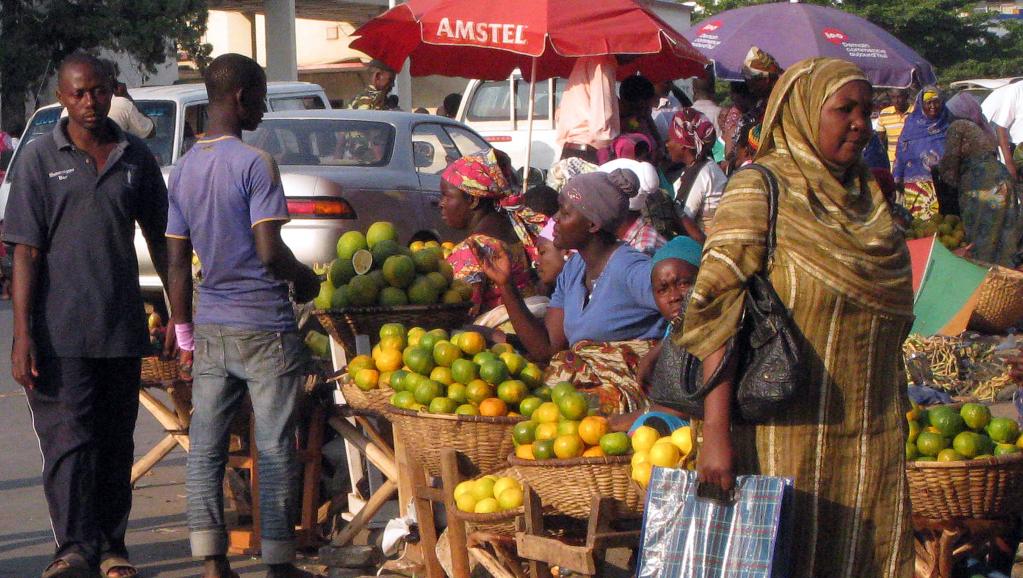The absurd ratification of Ivory Coast’s interim EPA
All the versions of this article: [English] [français]
SOL | 31 December 2016
The absurd ratification of Ivory Coast’s interim EPA
by Jacques Berthelot (jacques.berthelot4@wanadoo.fr)
Outline
I – The GSP, GSP+ and MFN import duties on IC exports to the EU28-UK without EPA
II – The huge losses of customs revenues on imports from the EU28-UK and on imports duties to pay on exports to the other ECOWAS member States with EPA
III – The other constraints linked to the ratification and implementation of the interim EPA
IV – Conclusion: better alternatives to the EPA exist but the EU does not want them
On 3 September 2016 the "interim" or "stepping stone" Economic Partnership Agreement (iEPA) that Ivory Coast (IC) had initialled on 13 December 2007 and signed on 28 November 2008 with the EU entered into force after the Ivorian Parliament had authorized on August 12, 2016 the President of the Republic to ratify it, whereas it had been already ratified by the European Parliament on March 25, 2009. IC was concerned that the European Commission would implement its threat to withdraw the duty free-quota free access to the EU for the non LDCs of sub-Saharan Africa (SSA), especially those of West Africa (WA), if the Regional EPA was not ratified before October 1, 2016, i.e. three days ago, as Nigeria, the Gambia and Mauritania have still not signed it. IC has followed Ghana which ratified its iEPA on August 3, 2016 but it is only on 13 October 2016 that the International Committee (INTA) of the European Parliament will debate on the ratification of the Ghana iEPA, the vote itself being scheduled for mid-November.
In doing so, the Ivorian Parliament has shot itself in the foot, following the government which gave in to the strong pressures of international agribusiness firms, particularly French, rather than listening to the warnings of civil society. Yet the IC iEPA like that of Ghana are different from the WA regional EPA, particularly on tariff liberalization as they are not based on the ECOWAS CET (common external tariff) in force since 1 January 2015 and establishing a band of import duties (ID) at 35% – concerning particularly all products excluded from liberalization – a rate that did not exist in 2007 in the tariff offer of IC, itself different from the WAEMU CET where the maximum rate was at 20%. On the other hand the liberalization schedules of ID in the iEPAs of IC and Ghana are not stipulated in years T5 to T20, but in terms of calendar years with a moratorium of 5 years for Ghana and 2 years only for IC. Furthermore these iEPAs have other provisions than those on tariff liberalization contradicting those of the regional EPA. However it is likely that, despite the violation of legal provisions of the iEPAs an agreement would eventually be reached between the IC and Ghana and the EU to align all iEPAs provisions on those of the regional EPA. But this should not be decided hastily by the EU Commission alone but should require in-depth debates at the European Parliament and Council as well as in Ghana and Ivory Coast because the ratified iEPAs differ significantly from the regional EPA.
The present assessment is based on the assumption that the IC will apply the regional EPA, or that all the provisions of the iEPAs will be the same as those of the regional EPA.
Read more (pdf)






